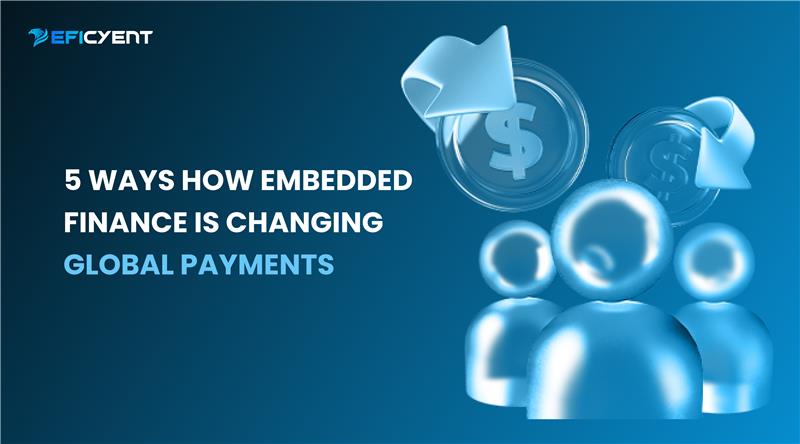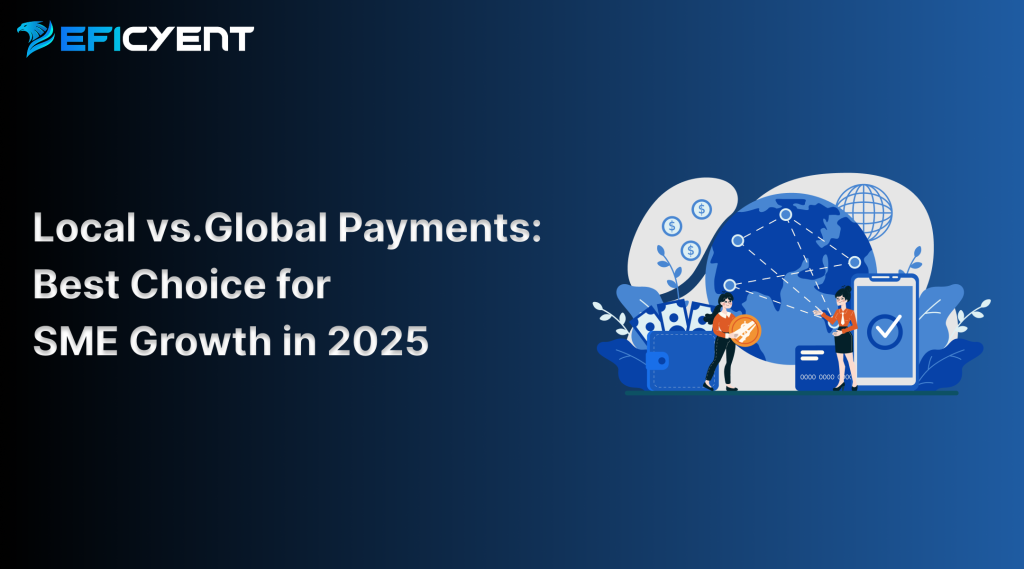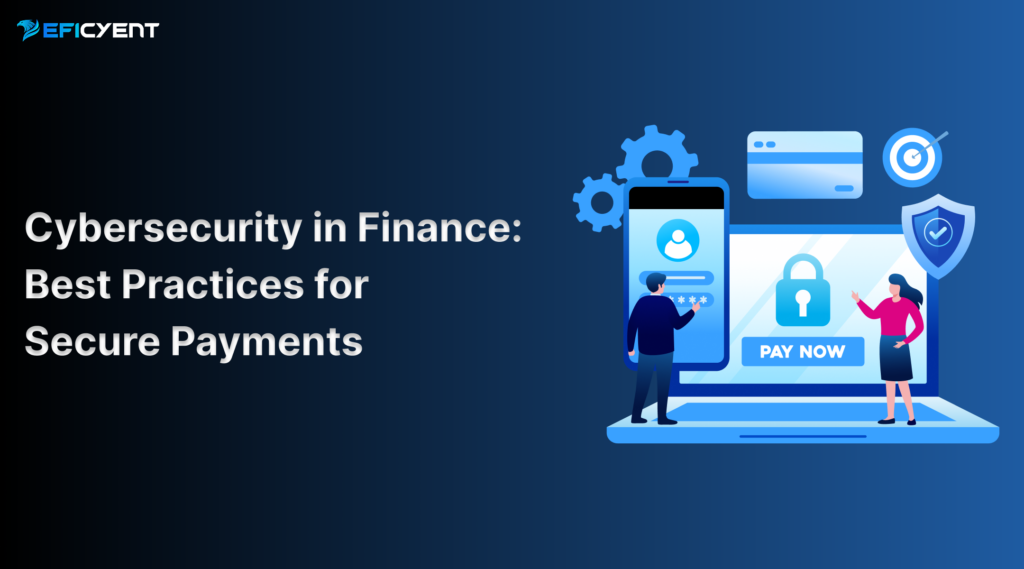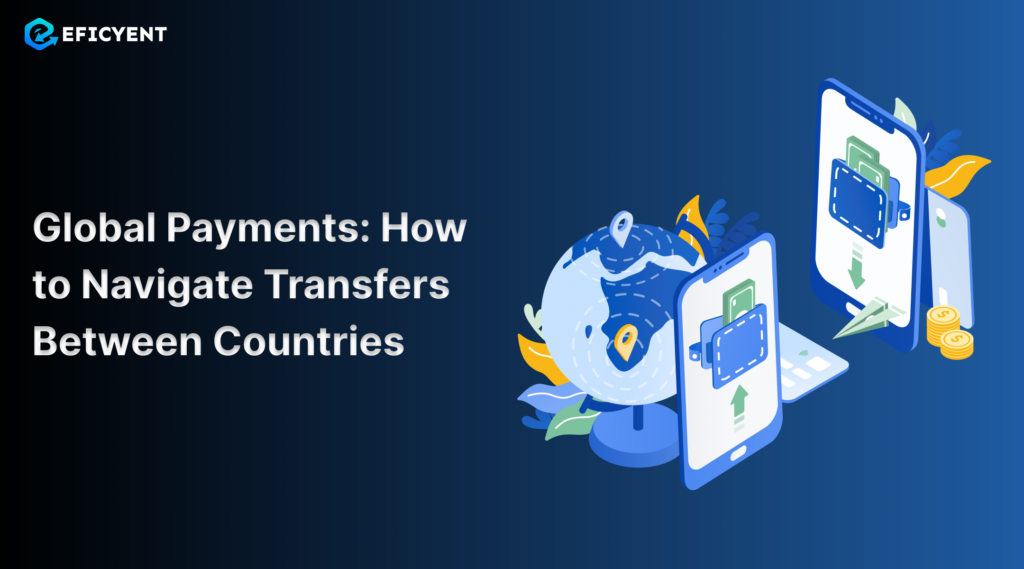5 Ways How Embedded Finance Is Changing Global Payments
In the last few years, global payments have gone through many big changes. One of the biggest reasons for this is the embedded finance. It is not just a buzzword anymore as it is quietly changing how people and businesses move money across the globe. Earlier, handling cross-border payments often meant going to the bank, filling out forms and waiting for days. Today, with embedded finance, payments can happen in real time, inside the apps and platforms we already use every day. Whether it is sending money to a supplier overseas or paying for goods on an international marketplace, everything is getting faster and simpler, within our reach. In this blog, we will look at 5 main ways on how embedded finance is shaping the future of global payments and global money transfers. What Is Embedded Finance in Global Payments? Embedded finance means integrating financial services directly inside the apps or platforms that people already use. Instead of switching to a bank or payment app, users can complete payments, take loans or can even get insurance without leaving the main app. For example, when you shop online and pay with your card inside the store’s app, that is embedded finance. Another example is that when a food delivery app offers drivers a way to receive instant payments or buy fuel on credit, that is an embedded finance too. This makes the whole process faster, easier and more useful for both the user and the business. Therefore, you no longer need to go through multiple services because everything you need is in one place. Embedded finance is now becoming a major force behind global payments and global money transfers. It helps companies serve global customers better and also makes sending or receiving money across borders much simpler and easier. 5 Ways Embedded Finance Is Redefining the Future of Global Payments Faster Global Payments Across Borders One of the biggest problems with global payments has always been the speed of the transactions. Traditional banks can take several days to process a single international payment. There are also many steps involved, which are complex and confusing, from compliance checks to currency conversions. This slows down the business and creates stress for people who need to send or receive money quickly. With embedded finance, global money transfers are becoming faster than ever. Now, companies can build payment features directly into their platforms. This means a user can send money to another country without leaving the app that they are using. Everything happens behind the scenes, from checking rules to converting currencies, that too within minutes. Lower Costs for Businesses and Customers Traditional global money transfers are not just slow but they are also really expensive. Third-party service fees and bank fees can add up instantly. Sometimes, the person receiving the money also ends up paying the fees. When you send small amounts often, these costs can become a burden as well. Embedded finance helps reduce these costs. Since businesses can now offer payment services directly within their platforms, they can cut out the middlemen.This increases the process’s affordability and efficiency. This is changing how global payments work, especially for small and medium level businesses that frequently could not afford to deal with high international fees in the past. Better Customer Experience in Global Payments No one really likes switching between apps or websites just to complete a single payment. It adds time, creates confusion and also can even lead to dropped transactions. Embedded finance is solving this by letting users stay inside the app or service they are already using. This easy and seamless experience lowers the possibility of mistakes while also building trust. When users feel that global payments are easy and quick, they are more likely to use the service again. Embedded finance is helping businesses improve their customer experience, which is more important than ever in a world where users expect everything to be fast and easy. Smarter Currency Conversions Global payments mostly involve different currencies. If you are sending money from Europe to Asia or receiving payments from North America to Africa, you need a currency exchange. This process has always been a bit of a mystery for regular users because rates can change constantly and many services add hidden fees. Embedded finance is bringing more transparency and control to this area. Now, platforms can show real-time exchange rates, lock them in during transactions and provide clear details about fees. Users gain confidence and are able to make better decisions as result of this. For businesses, it also means a better and smarter planning. If a company knows exactly how much money they will get after conversion, they can price their products or services more accurately. This easy and seamless experience lowers the possibility of mistakes while also building trust. This is one more way embedded finance is improving global money transfers, by making currency conversion smarter and more user-friendly. Financial Access for More People In many parts of the world, people still do not have access to traditional banking. This makes global money transfers very hard. They might not have a bank account, or the global transfers might not be supported by their bank. They thereby lose out on opportunities across the world. With just a mobile phone, people can now access payment tools, digital wallets and even credit or insurance products. These services are built into apps they already use like the marketplaces, delivery platforms or social media. This embedded finance is also creating new opportunities. By offering access to financial services in more places and in more ways, it is helping make global payments more inclusive. It is not just about speed or cost anymore, instead it is also about access and opportunity now. Conclusion Embedded finance is not just a trend anymore. It is a striking shift that is changing global payments and global money transfers in many ways possible. From faster payments and lower costs to smarter currency exchange and better access, the impact




